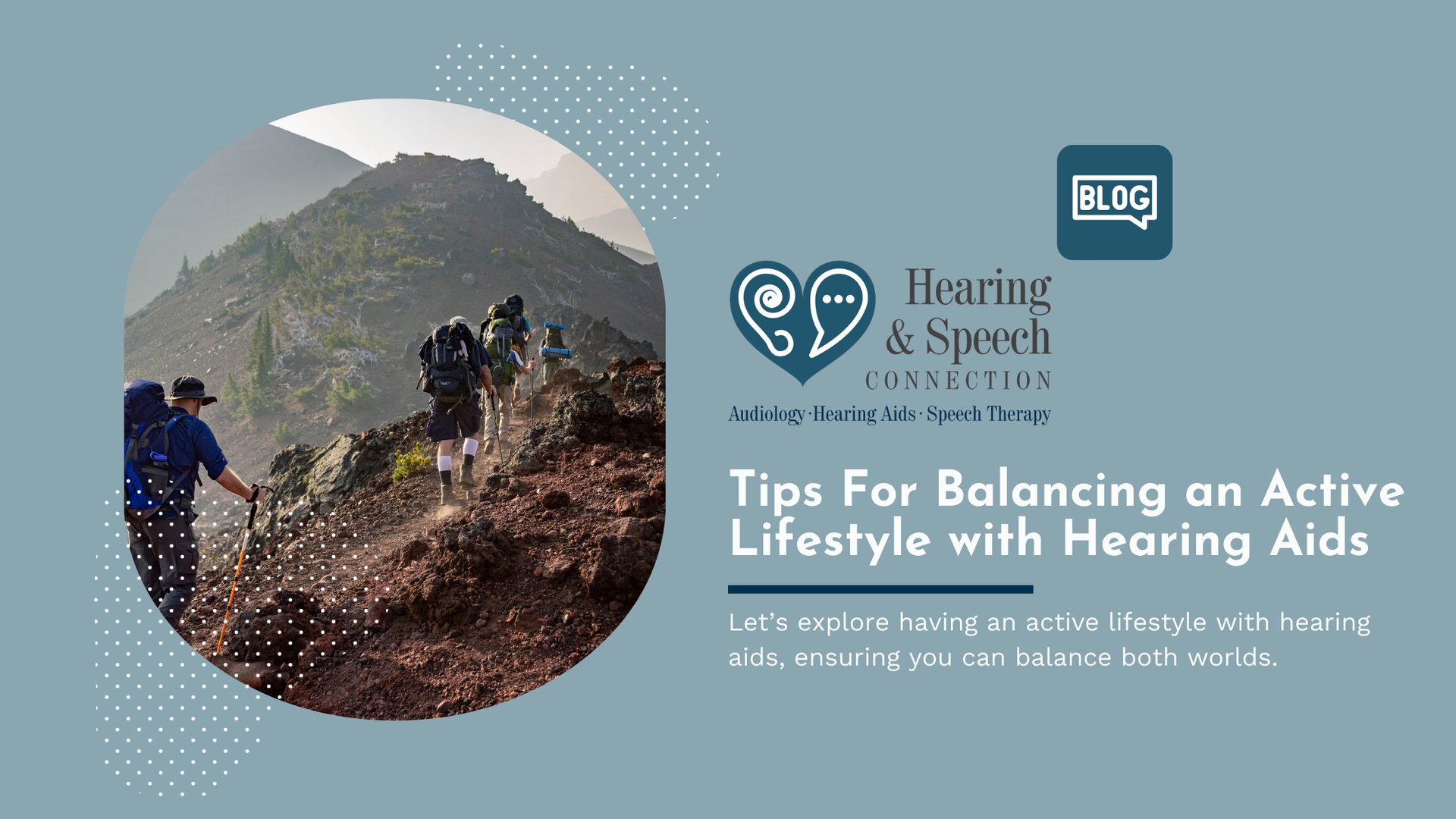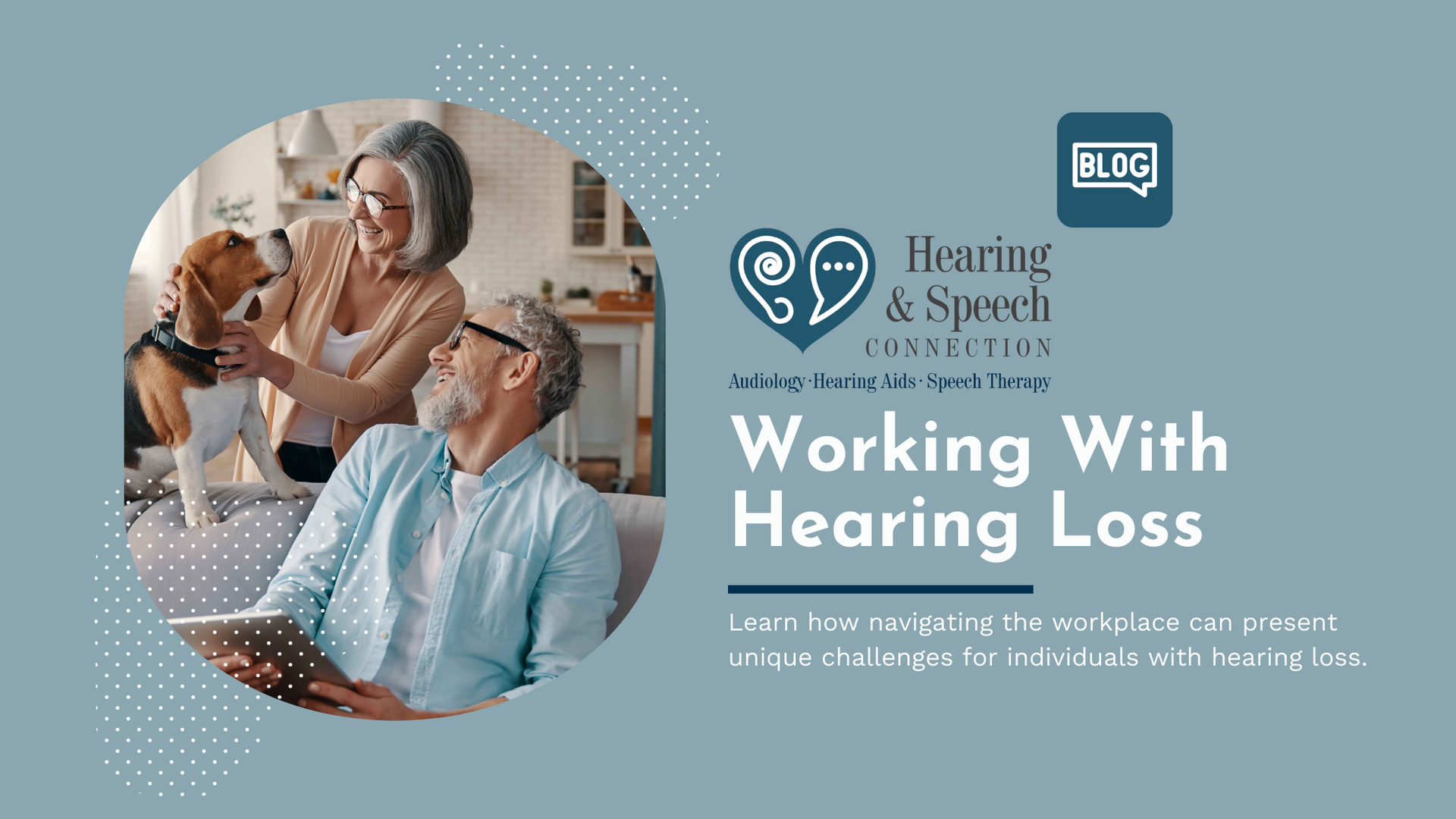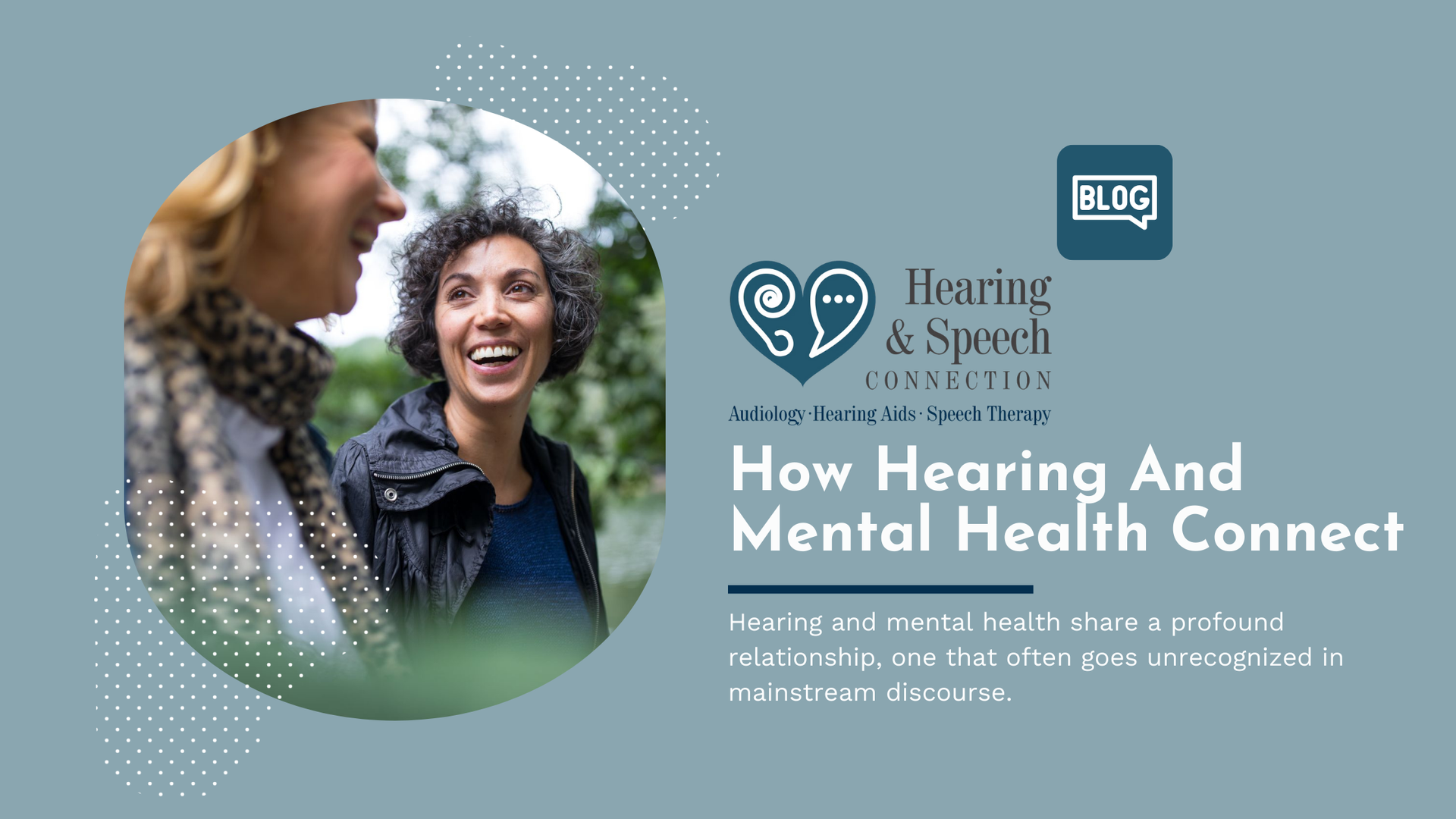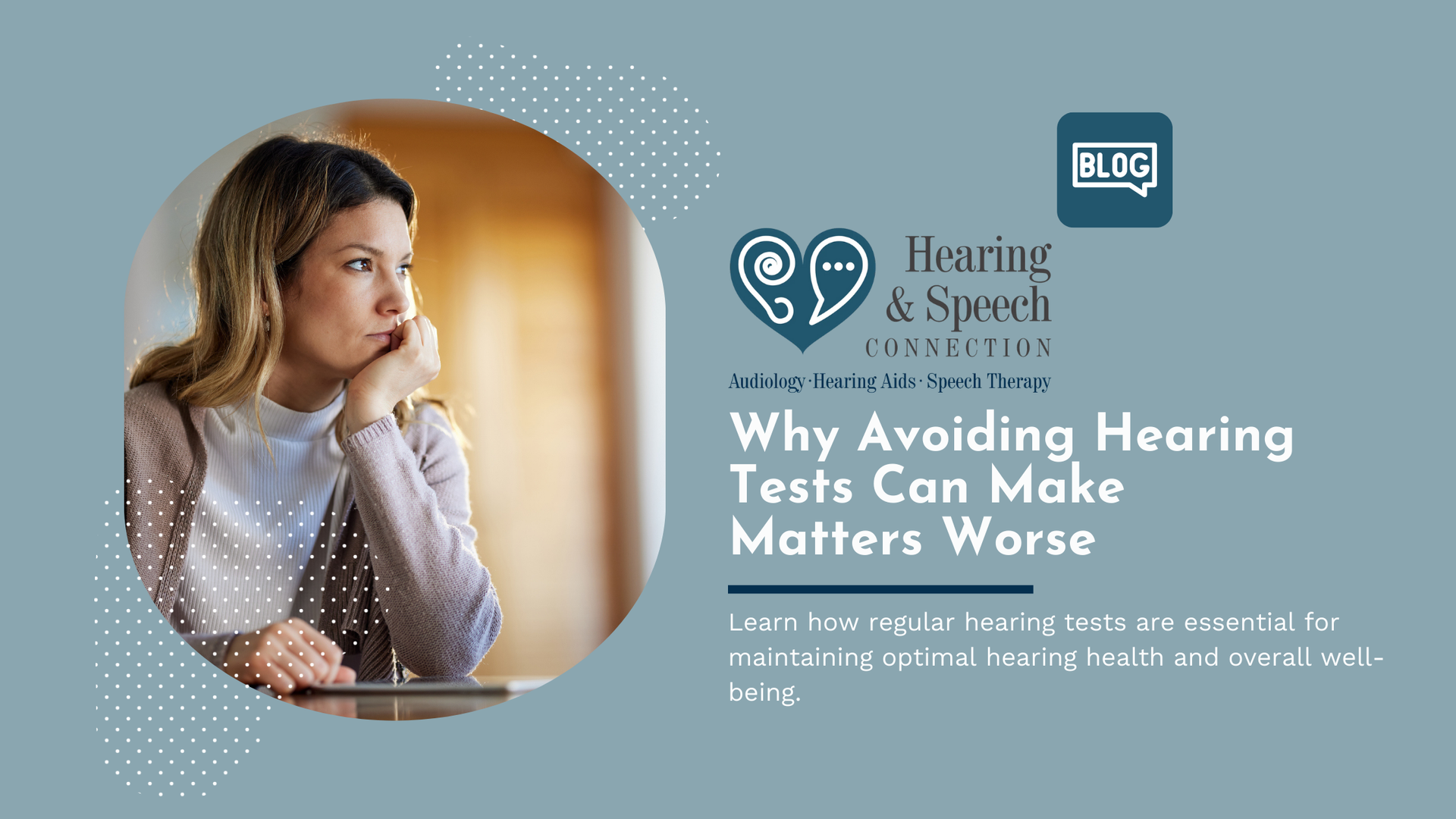Tinnitus: Progress, Possibilities, and the Power of Early Detection
Tinnitus is a complex and often misunderstood auditory condition that has a profound impact on the lives of millions of individuals worldwide. As a leading audiologist, I believe it is crucial to stay at the forefront of research and advancements in the field to provide the best care to those suffering from tinnitus. In this article, we will explore the latest developments in hearing loss prevention, diagnosis, and management, while highlighting the importance of early detection and offering a glimpse into the potential futuristic interventions on the horizon.
Understanding Tinnitus
Tinnitus is commonly described as the perception of ringing, buzzing, hissing, or other sounds in the ears when no external sound source is present. While tinnitus itself is not a disease, it is often a symptom of an underlying issue, such as hearing loss, exposure to loud noise, or ear injuries. It can manifest in various forms, from occasional, mild ringing to persistent, debilitating noise that interferes with daily life.
Prevention: The First Line of Defense
Preventing tinnitus begins with protecting your hearing. One of the most significant contributors to tinnitus is exposure to loud noise. This can occur at work, during leisure activities, or even through the use of personal audio devices. Recent advancements in hearing protection technology have made it easier than ever to safeguard your hearing.
In the workplace, employers are increasingly implementing noise reduction strategies and providing employees with proper hearing protection. Additionally, innovative hearing protection devices, such as custom-fit earplugs and noise-canceling headphones, are available to the public. These devices not only preserve hearing but also allow individuals to enjoy music and entertainment without compromising their auditory health.
Diagnosis: Precision and Early Detection
Accurate diagnosis is the cornerstone of effective tinnitus management. Audiologists employ a variety of diagnostic tools, including comprehensive hearing assessments, to determine the extent of hearing loss and identify the specific characteristics of tinnitus. Recent research has led to the development of advanced diagnostic techniques, enhancing our ability to understand and address this condition.
One notable advancement is the use of otoacoustic emissions (OAEs) to detect tinnitus. OAEs are low-level sounds produced by the inner ear in response to external sounds. Researchers have found that individuals with tinnitus may exhibit unique OAE patterns, which can aid in early detection and treatment. By identifying tinnitus at its inception, we can intervene more effectively, potentially preventing it from becoming a chronic and distressing condition.
Management: Tailored Approaches for Relief
Managing tinnitus is a personalized journey, and recent advancements have provided us with an array of tools and strategies to help individuals find relief. One of the most promising developments is the use of cognitive-behavioral therapy (CBT) specifically designed for tinnitus patients. This therapy aims to address the emotional and psychological aspects of tinnitus, helping individuals develop coping strategies and reduce the distress associated with the condition.
Furthermore, sound therapy has seen significant innovation. Gone are the days of generic white noise machines. Today, we have the capability to customize sound therapy to match the frequency and intensity of an individual’s tinnitus. This approach, known as “tinnitus retraining therapy” (TRT), has shown great promise in desensitizing the brain to tinnitus sounds and promoting habituation.
Futuristic Interventions: The Road Ahead
The future of tinnitus management holds exciting possibilities. Researchers are exploring cutting-edge therapies, such as neuromodulation and pharmacological interventions, which target the neural pathways responsible for tinnitus perception. These interventions aim to provide more targeted and effective relief for individuals struggling with persistent tinnitus.
One intriguing avenue of research is the use of brain-computer interfaces (BCIs) to modulate tinnitus-related neural activity. BCIs, which involve direct communication between the brain and external devices, could potentially offer precise control over tinnitus perception, providing much-needed relief to those who have not responded to traditional therapies.
The Importance of Early Detection
While the advancements in tinnitus prevention, diagnosis, and management are promising, it is crucial to emphasize the significance of early detection. Identifying tinnitus in its early stages allows for prompt intervention and potentially better treatment outcomes. If you or someone you know is experiencing symptoms like ringing in the ears, seek help from a qualified audiologist. Early intervention can prevent tinnitus from progressing into a chronic and distressing condition, improving the quality of life for those affected.
Tinnitus is a challenging condition, but advancements in hearing loss prevention, diagnosis, and management are offering hope and relief to millions of individuals. As hearing professionals, our commitment is to provide the best care and support to those with tinnitus. By staying informed about the latest research and innovations and emphasizing the importance of early detection, we can make a positive impact on the lives of our patients , helping them find the relief and peace they deserve in their auditory journey. Remember, there is hope, and together, we can conquer the sounds of tinnitus.
The post Tinnitus: Progress, Possibilities, and the Power of Early Detection appeared first on Hearing Connection.




